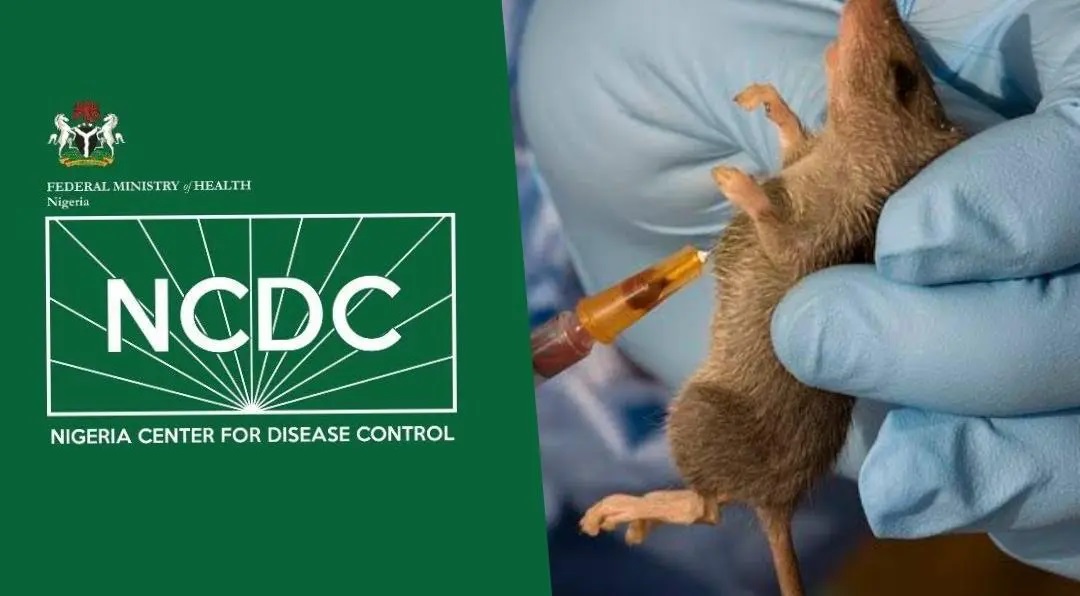Nigeria has reported 822 confirmed cases of Lassa fever and 155 deaths so far in 2025, according to the latest situation report from the Nigeria Centre for Disease Control and Prevention (NCDC).
This brings the country’s case fatality rate (CFR) to 18.9 per cent, up from 17.1 per cent during the same period in 2024.
The update, which covers Epidemiological Week 29 (July 14–20, 2025), also recorded 120 suspected cases, with 11 new confirmed infections in Ondo and Edo states and three additional deaths. The CFR for Week 29 alone was 27.3 per cent, underscoring the need for early detection and prompt treatment.
“Late presentation of cases, poor health-seeking behaviour, and inadequate environmental sanitation in high-burden communities continue to drive high mortality,” the NCDC stated.
The report shows that 21 states and 105 local government areas (LGAs) have reported at least one confirmed case this year. Ondo, Bauchi, Edo, Taraba, and Ebonyi account for 89 per cent of all cases, with Ondo State alone contributing 32 per cent.
The most affected demographic is young adults aged 21–30, with a slight male predominance (male-to-female ratio: 1:0.8).
Despite the rising numbers, the NCDC highlighted several response efforts, including:
Deployment of 10 Rapid Response Teams
Training and sensitisation of healthcare workers
Distribution of Ribavirin, PPE, and sanitizers
Intensified community awareness campaigns in Edo, Bauchi, and Ebonyi
No new healthcare worker infections were reported in Week 29, though 23 infections among health workers have occurred since January.
To strengthen long-term preparedness, the NCDC has finalised a Lassa Fever Advocacy Toolkit, conducted readiness assessments, and is set to launch the 2025–2029 Lassa Fever Strategic Plan.
With the rainy season still ongoing—boosting rodent activity and virus transmission—the agency urged the public to prioritise environmental sanitation, rodent control, and early medical attention at the first signs of symptoms like fever, vomiting, and bleeding.
The NCDC also cautioned against misinformation and encouraged media and community involvement to help contain the disease.
“The public is encouraged to follow NCDC advisories and use the toll-free line 6232 for inquiries,” the agency added.
According to the News Agency of Nigeria (NAN), Lassa fever is a viral haemorrhagic illness transmitted primarily through contact with urine or faeces of infected rats. It can also spread between humans via bodily fluids, contaminated surfaces, or medical equipment.
Symptoms include fever, sore throat, vomiting, muscle pain, and, in severe cases, bleeding from body openings.





